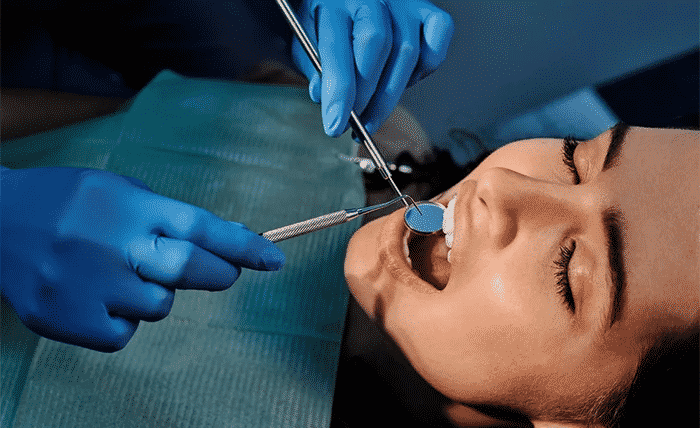What is tooth extraction?
Tooth extraction is a procedure in which a dentist removes a tooth by cutting it out of the mouth. Teeth can be extracted for many reasons, including when they’re damaged by trauma or decay, or to treat an infection. They can also be removed if they’re impacted and can’t become part of your natural bite.
When do you need a tooth extraction?
When you have an infection in your tooth, the first thing you need to ask yourself is, “Am I experiencing an abscess?”. If the answer is yes, then you need to get your tooth extracted. An abscess is a hole in your tooth that allows bacteria in your mouth to enter and infect the tooth pulp. If you have a tooth that has a crack that’s going through the entire tooth, or if it’s fractured, or if there’s decay in the root of the tooth, then you need to have it removed. If you have a root canal and the tooth is still hurting, you need to have it removed.

How you should prepare for a tooth extraction surgery?
If your dentist has advised a tooth extraction surgery for you, this blog post can help you. Here, we have shared a few things that will help you to be prepared for the tooth extraction procedure.
Let’s dive in!
#1 Ask questions
If you have an extraction coming up, talk to your dentist about it. Make sure you know exactly what’s going to happen and what you should expect afterward. The more informed you are, the less scary it will be.
Ask your dentist lots of questions before your tooth extraction surgery. For example, ask them for details about the risks involved, how long you’ll need to stay in the clinic, what kind of recovery period you should expect afterward, and how much pain you should expect.
#2 Share your medical history
One of the most important things you can do for your oral health is to make sure you’re sharing all the relevant information with your dentist so that they can get a complete picture of your health and know what to expect.
#3 Follow the instructions
If you have a tooth that has been bothering you and you’re thinking about getting it pulled, make sure to follow the instructions of your dentist before you undergo the surgery. They may recommend wearing a dental night guard or taking certain medications to minimize the chance of complications.
#4 Painkillers & anesthesia
Getting a tooth extracted is no fun. The painkillers are a must if you want to get through them. If you can, try to get the anesthetic too, because that’s really the only thing that makes everything go by faster. The surgery is likely to take around 45 minutes to an hour.
#5 Avoid eating before surgery
Before tooth extraction surgery, you should avoid eating certain foods and taking certain medications. Some foods might interfere with the effectiveness of the anesthesia, so it’s always a good idea to ask your dentist.
The dentist will put a rubber dam over your mouth so that he can extract the tooth properly. If you have consumed food before the procedure, it may lead to an unpleasant taste in your mouth.
#6 How you should dress
When you’re having any kind of oral surgery, it’s important to wear loose-fitting clothes that are easy to get in and out of. Avoid clothing with lots of buttons. – Wear comfortable and loose-fitting shoes, like sneakers or slippers. – If you’re going to wear a suit, make sure you can leave the jacket unbuttoned.
#7 Arrange for transportation
You should make sure that you have arranged for your transportation to be taken care of even before you go for the tooth extraction procedure. This is because the tooth extraction procedure itself will be causing you quite a lot of pain and you will not be able to drive back home after the procedure is over.
#8 Post-surgery care
After the tooth extraction surgery, you will need to take a few medicines for about a week. They will help with the swelling and pain. Don’t forget the advice of your doctor, otherwise, your tooth extraction pain may become worse. Some of these medicines help in reducing the swelling and pain after the tooth extraction surgery while some antibiotics help in preventing a serious infection from occurring.

